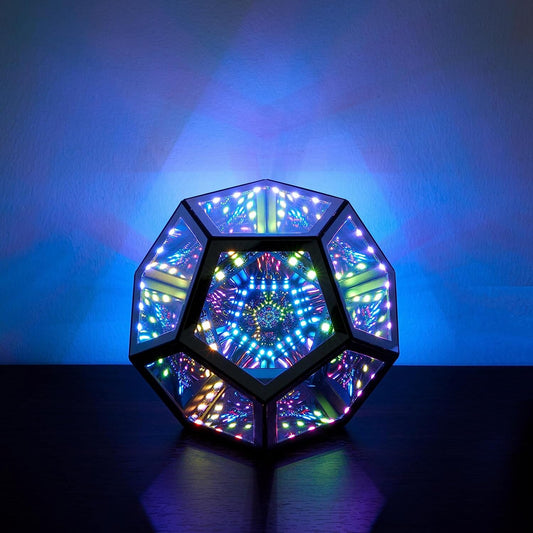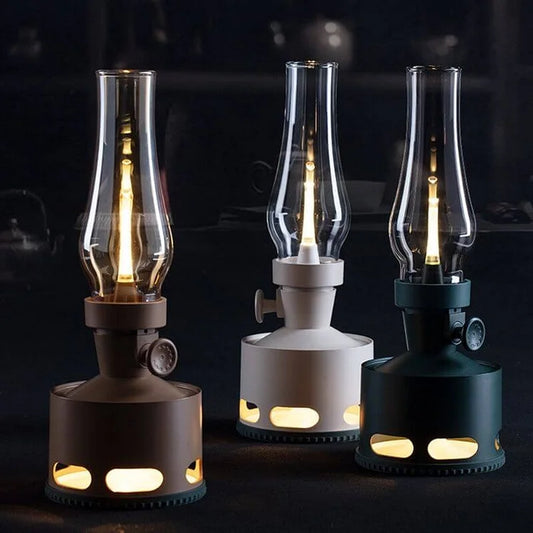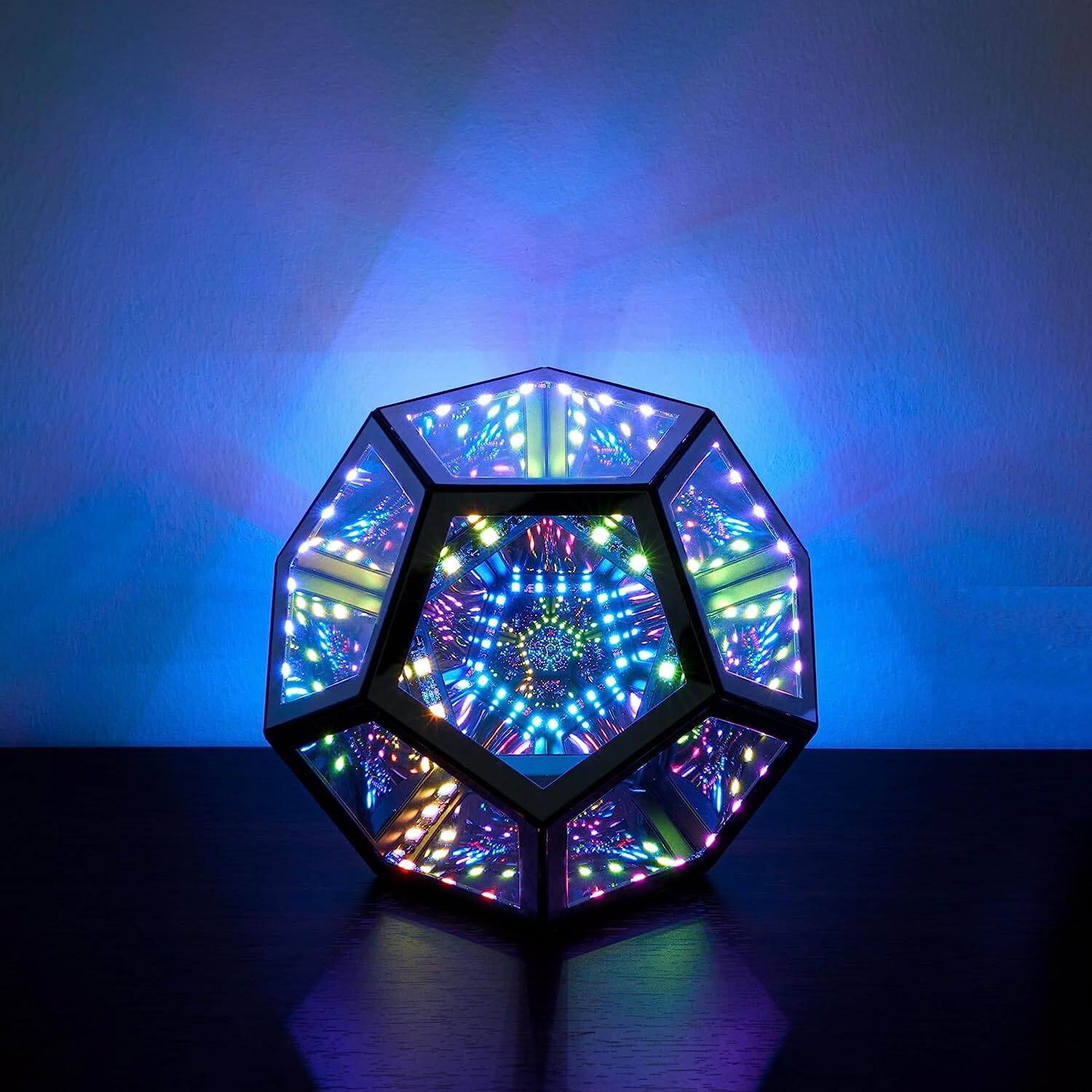The risk of becoming seriously ill from COVID-19 won't go away until society achieves herd immunity, proven treatment therapies or access to a verified vaccine.
Even as nonessential businesses and public spaces reopen, it's important to remember that the coronavirus threat hasn't disappeared. Just because restrictions are lifted, doesn't mean you won't acquire COVID-19 or pass it on to someone else. Here are seven things you should think twice about doing when lockdown and quarantine end.
Wear a face mask in public places
Six weeks ago, wearing a face mask when going out in public was purely voluntary. In many places, it still is, though the CDC now encourages it as a voluntary health measure in areas with high transmission rates, and in places where people can't maintain social distancing of six feet. The recommendation applies to face masks and coverings you make at home or buy.
Don't make shopping trips a source of entertainment
The point of shelter in place and stay at home efforts is to keep you from transmitting the virus to others or acquiring it yourself. So shop swiftly and efficiently. Now's the time to get what you want and get out, not to browse aisles as a way to pass the time.
Enough with the fingertips: Use your knees, feet, elbows and knuckles instead
If you're still pressing buttons for walk signs with your fingertips, stop. Any time you have to open a door, push a button, pull a lever or digitally sign for something, use a different body part instead. You have plenty.
You can usually flip on a light switch or sink faucet with your elbow or wrist, and you can wrap the sleeve of your sweater or jacket around the handle of any doors you have to physically pull open. It's easy enough to toss your clothing into the wash later rather than expose your skin now, especially if the chances you'll use your hands to touch food items or your face is high.
Distance, distance, distance
Social distancing can mean anything from hunkering down at home and refraining from seeing outside friends and family in person to keeping a boundary between you and others when you do go out. The practice of keeping six feet away from those outside your home group extends to waiting in line at the grocery store, going on walks (you can momentarily walk in the bike lane if you're careful about looking out for street traffic) and picking up food to go.
Look for the automatic option
If the doors to whichever building you're entering aren't already propped open or have automatic sensors, look around before you pull a handle. Most modern buildings have accessibility buttons to open doors for people with mobility concerns. You can easily touch this with your forearm, hip or foot (some are pretty low down) and wait the few seconds for the doors to open.
Consider buying an automatic soap dispenser for home so you don't have to worry about transferring germs to the pump.
Watch where you put your phone
While we've gotten the go ahead to use disinfecting wipes on phones, another smart idea is to avoid placing your device on iffy surfaces to begin with. Do you really need to put your phone down, or can you just stash it in a coat pocket or purse? The less you can expose your phone to shared surfaces, the less you need to worry about them in the first place.
If you do put your phone down on a shared surface, say if you're paying for takeout, lay down a napkin and set your phone on that. It'll save you having to disinfect your device quite so often.
Set aside your reusable tote bags
Increasingly, store policy excludes you from bringing outside tote bags and other bags into grocery stores. If you want to lessen your environmental impact, find ways to reuse the store's fresh bags at home.
Regardless, it's a good idea to thoroughly wash your hands with hand soap before you leave home to protect others, bring your own sanitary wipes if you have them and the store doesn't offer that option and be sure to wash your hands when you get home. Really, we can't stress that enough.
Don't sort through produce with your bare hands
At a time when face masks are increasingly common in stores and shoppers will give you the side eye for rummaging through lemons, here's a little advice: Don't poke the bear.
When sorting through food, use a glove or stick your hand inside a fresh, store-supplied bag. Then you can use the outside like a glove to pick up and inspect the garlic and bananas you want, so as not to touch every item with your bare hands. It'll make others feel more comfortable, and is just as likely to inspire them to follow suit.
Wash your hands every time you get 'home'
Along with social distancing, washing your hands thoroughly is one of your best defenses against acquiring coronavirus. Give your hands a thorough scrub each time you get back. 20 seconds is the going recommendation, which may seem like ages, but if you wash slowly, it's easy to do.
Carry extra napkins, disinfecting wipes and facial tissue
Packing extra tissues, disinfecting wipes, wet wipes and other paper products in my purse is already part of my habit, but now I pay extra attention to how much paper I have on hand.











